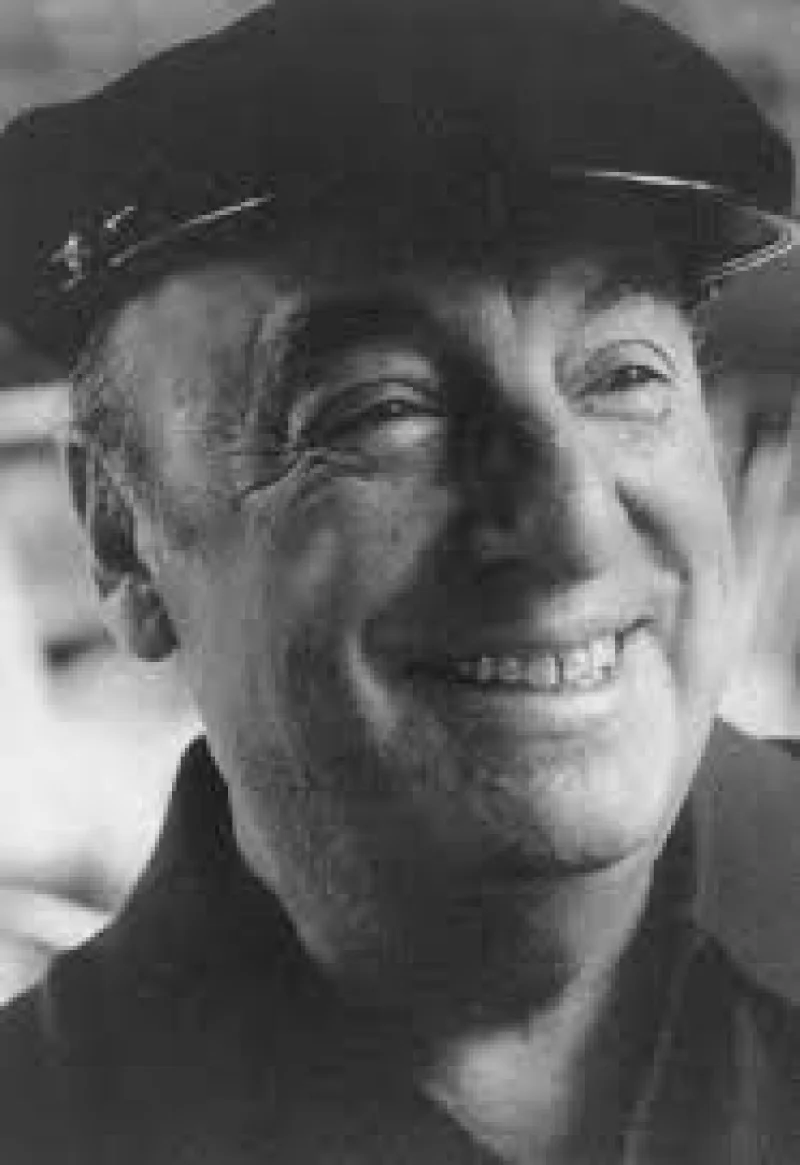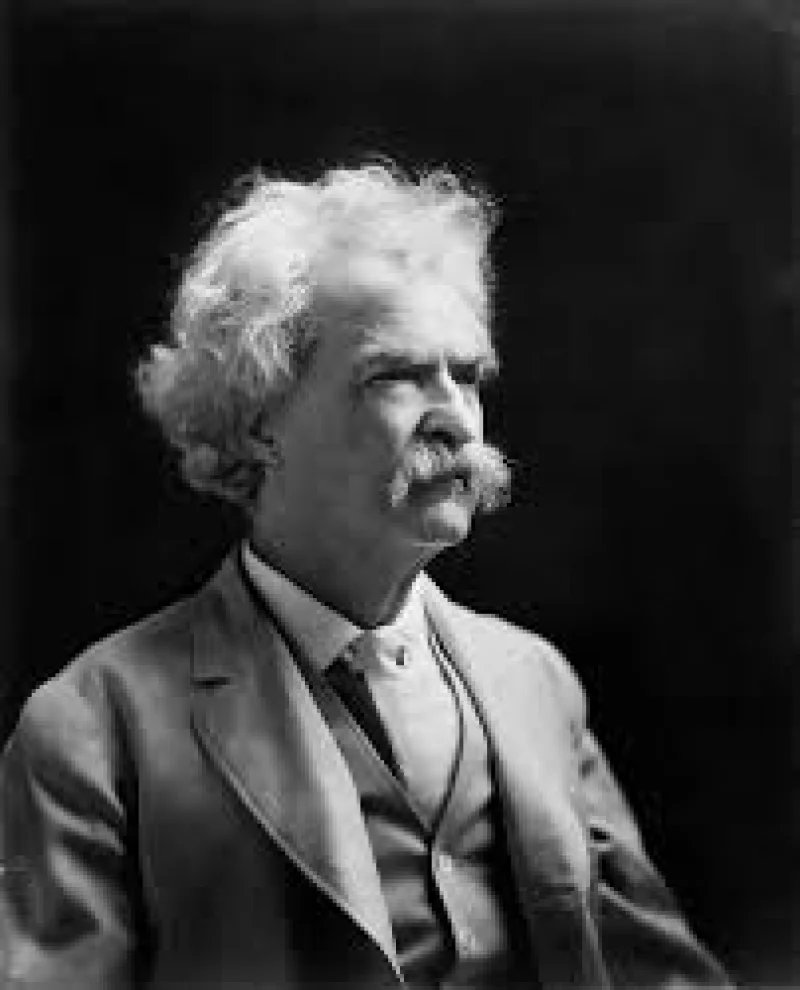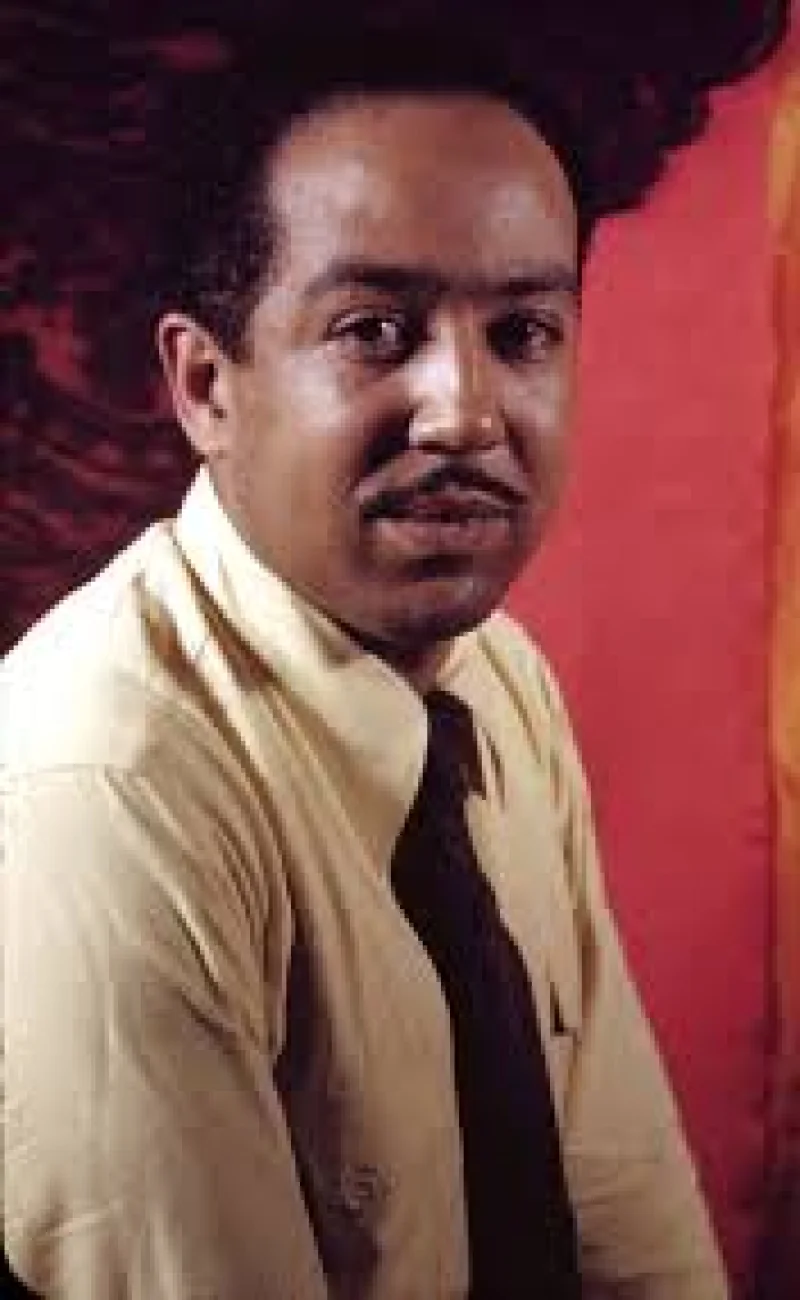Short Summary
Pablo Neruda, a Chilean poet, was one of the most influential literary figures of the 20th century. He is renowned for his passionate and sensuous poetry that traverses themes of love, politics, and human nature. Winner of the Nobel Prize in Literature in 1971, his works have left an indelible mark on world literature. Beyond his poetry, Neruda was an active diplomat and politician, contributing to Chile's cultural and political landscape.
Early Life & Education
Born on July 12, 1904, in Parral, Chile, Neruda was christened Ricardo Eliécer Neftalí Reyes Basoalto. His father, a railway worker, and his mother, a schoolteacher, influenced his early life, although his mother passed shortly after his birth. Raised in Temuco, his early education was marked by a fascination with nature and literature, spurred by a local teacher, Gabriela Mistral, who later became a Nobel laureate herself. He adopted the pen name Pablo Neruda at 16, publishing his first poems while still in school.
Career Highlights
His career began with the publication of "Twenty Love Poems and a Song of Despair" in 1924, which gained him international recognition. Throughout his life, he published numerous volumes of poetry, essays, and prose. As a diplomat, he served in various countries including Spain and Mexico, where his experiences influenced his political ideology. Elected as a senator for the Chilean Communist Party, his political engagement led to exile due to political tensions. During this time, he continued his literary work, producing some of his most significant pieces.
Major Achievements
- Nobel Prize in Literature (1971) - Awarded for his rich, diverse poetry that profoundly impacted global literature.
- "Twenty Love Poems and a Song of Despair" (1924) - This breakthrough collection established him as a leading voice in poetry.
- Chilean Senator - His political career reflected his commitment to social justice and political activism.
- "Canto General" (1950) - An epic poem chronicling Latin American history and culture.
Famous Quotes
- "I want to do with you what spring does with the cherry trees."
- "Poetry is an act of peace."
- "In what language does rain fall over tormented cities?"
Interesting Facts
- He wrote under a pseudonym to avoid angering his father, who disapproved of a literary career.
- He was a close friend of Spanish poet Federico García Lorca.
- His house in Isla Negra is now a museum dedicated to his life and work.
- Neruda was a devoted collector of various objects, including ships in bottles.
- He briefly considered becoming a political candidate for the Chilean presidency.
Legacy / Influence
Neruda's poetry continues to inspire readers and writers worldwide. His works are celebrated for their emotional depth and lyrical beauty, transcending cultural and linguistic barriers. As a symbol of resistance and social justice, his influence extends beyond literature into political and cultural spheres, making him a revered figure in both Chile and the global literary community.
FAQ
Q: Why is Pablo Neruda famous?
A: He is famous for his profound and diverse poetry, as well as his political activism.
Q: Did Pablo Neruda win any major awards?
A: Yes, he won the Nobel Prize in Literature in 1971.
Q: Was Pablo Neruda involved in politics?
A: Yes, he served as a senator for the Chilean Communist Party and was a diplomat.
Q: What is one of Neruda's most famous works?
A: "Twenty Love Poems and a Song of Despair" is one of his most celebrated collections.












